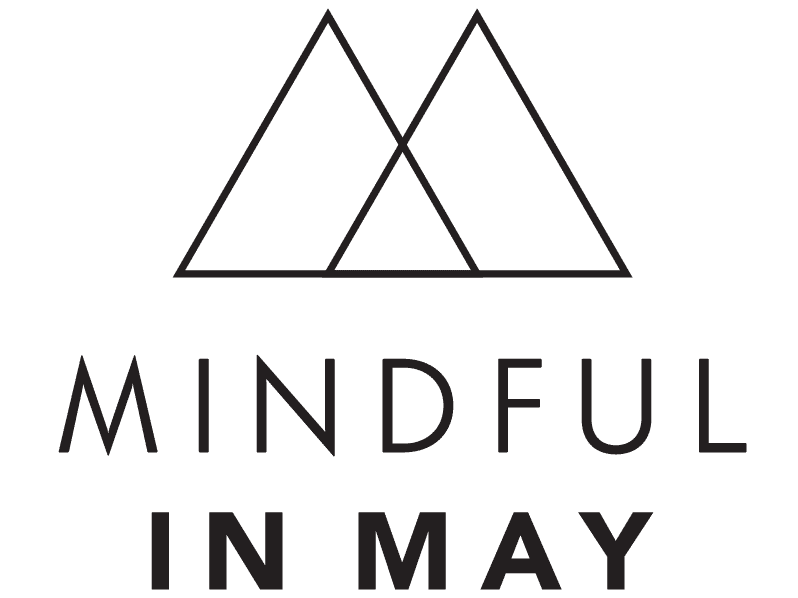Dear Elise: How do I “be mindful” at times of crisis and challenge?
In the Dear Elise series, Dr Elise Bialylew answers your questions about mindful meditation and neurology. Got your own question about meditation? Send your questions to Elise here.
Your question:
Dear Elise,
How do I concentrate on being mindful when dealing with recent surgery, a son with depression and anxiety and myself with reduced work hours and wages indefinitely and I do not qualify either for any government support because I work for a government agency?
Elise’s answer:
Dear Friend,
When I read your question I immediately felt an ache in my heart.
These are hard times and you have been thrown a huge amount to deal with.
What has struck me through these “Ask Elise” questions is the number of questions over the past months (I wish I could answer them all!) that reflect such a huge amount of suffering and stress. It makes me think of Kristen Neff, leader in the field of self compassion, and her concept of tapping into the idea of our shared humanity as a way of amplifying our self compassion.
When we experience suffering and hardship, it can feel like we are so alone. But right now, with all that is going on in relation to this pandemic more specifically, many of us are just experiencing so much stress.
In relation to your question, when we’re in times of extreme challenge, mindfulness may be better framed as kind-fulness.
How can you be radically kind to yourself?
What would that look like?
Perhaps sit down for a few minutes with pen and paper and write down the stresses that you face that are within your control and those that are out of your control. Then investigate, is there anything else you could be doing in relation to the stresses that are within your control? Specifically, actions to take, attitudes to let go of, expectations you could release?
Without knowing any of the specifics of your situation, here’s a few things that came to my mind.
1. Is your physical pain under control? Could it be better? Uncontrolled pain adds so much challenge to your day.
2. Is your son getting adequate support? Medicare in Australia has increased it’s rebates. Make sure he’s as supported as possible to take some load off you.
3. Finally, are you adding a “second arrow” of suffering to your already very difficult situation? This refers to the minds tendency to get stuck in rumination ruts and worry, the “what if” thinking that can be so unhelpful. This is where a mindfulness meditation practice can be very helpful, in helping us recognise when we’re getting lost in extra suffering that the mind is creating.
I recorded the compassion meditation above as Melbourne was entering lockdown. However, I think it remains relevant for us all and thought it might be helpful for you at this moment. Feel free to try it out here
Warmly,
Elise

"If we wish to be healthy, happy and clear-minded, we need to upgrade our “inner technology”of attention to meet the demands of our increasingly complex world. That's where mindfulness comes in.."
- DR ELISE BIALYLEW
about the HOST AND FOUNDER OF
MINDFUL IN MAY:
DR ELISE BIALYLEW
Elise Bialylew is the author of the bestselling book, The Happiness Plan, and founder of Mindful in May, the world’s largest online global mindfulness fundraising campaign.
A doctor trained in psychiatry, turned social entrepreneur and mindfulness expert, she’s passionate about supporting individuals and organisations to develop inner tools for greater wellbeing and flourishing, and offers workshops and training at The Mind Life Project.
Her work has been featured in the Huffington Post, New York Times and on Australian Television. She was recently recognised by the Australian Financial Review as a 2019 AFR Women of Influence.
Keep in touch with us
Sign up to access additional resources, mindfulness tips and to find out about upcoming events.
When you submit your email you are opting-in for our emails and relevant upcoming updates from Elise. You can unsubscribe any time.

